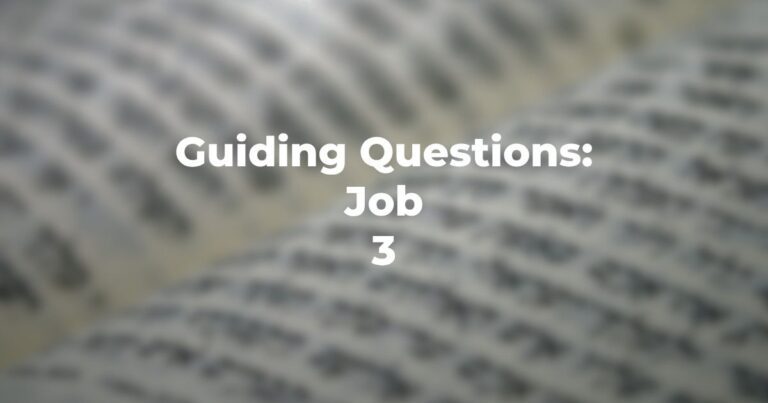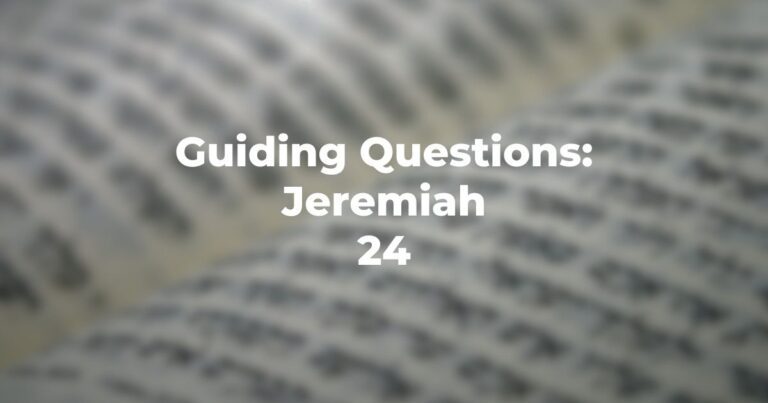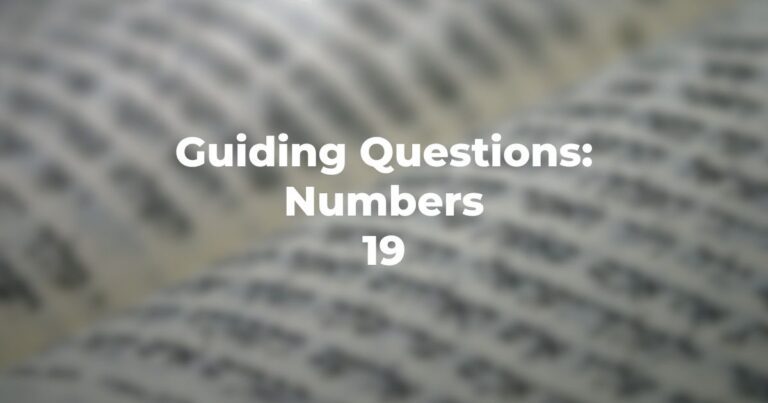- According to Psalms 107:2-3 what is the condition of Israel at this time — in its own land or scattered in exile?
- Or, according to Psalms 107:4-9, since reference is made to the wilderness, could this refer to the exodus from Egypt?
- To whom might the Psalmist refer in Psalms 107:10-22, a nation; a particular group of people; a particular historical period?
- Psalms 107:21-26 show a reverse “nun” which is usually a mark to indicate that these passages appear to be out of place. Keeping in mind the passages prior to Psalms 107:21 and those subsequent to Psalms 107:26, would this seem to be appropriate — dealing, as it does, with seafaring and sea storms?
- The translation in Psalms 107:30 is “He brought them to the port they desired”. The actual Hebrew is “and He guided them to the place (or destination) which they desired to reach”. Which would seem to be more pertinent in terms of the prior passages (whether properly placed or misplaced)?
- Although Psalms 107:33-37 deal with changes in nature, with references to the “hungry”, those who wish to find a place to settle, and those who can (now) sow fields and plant vineyards — could this refer to a return from exile?
- Psalms 107:40 is once again marked with a reverse “nun”; would it appear that this passage is properly placed within the Psalm?
- What is it, then, that the “upright” see and rejoice? Is this something involving Israel or, rather, a change in the world at large?
Author
-

Exploring Judaism is the digital home for Conservative/Masorti Judaism, embracing the beauty and complexity of Judaism, and our personal search for meaning, learning, and connecting. Our goal is to create content based on three core framing: Meaning-Making (Why?), Practical Living (How?), and Explainers (What?).
View all posts




